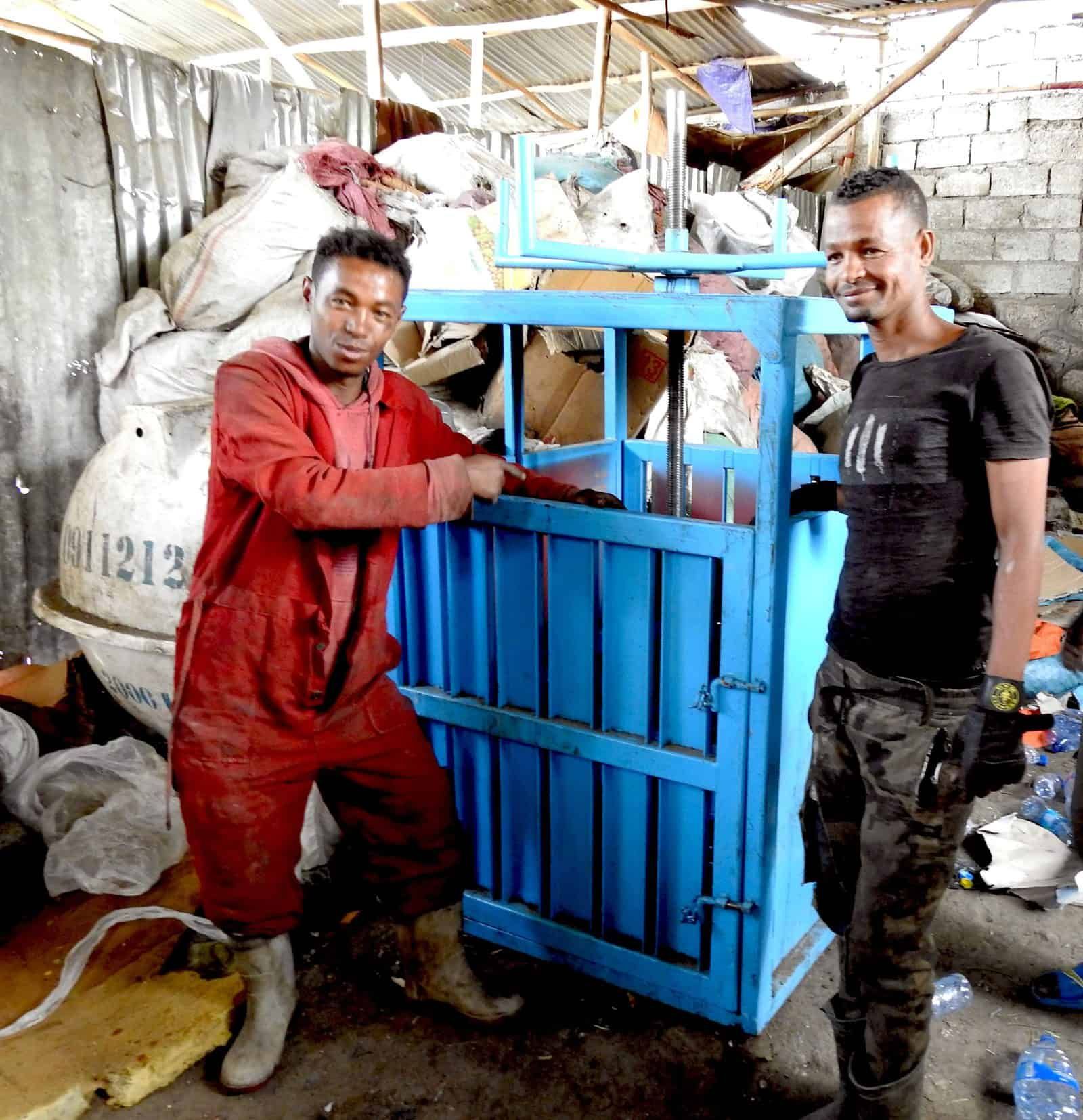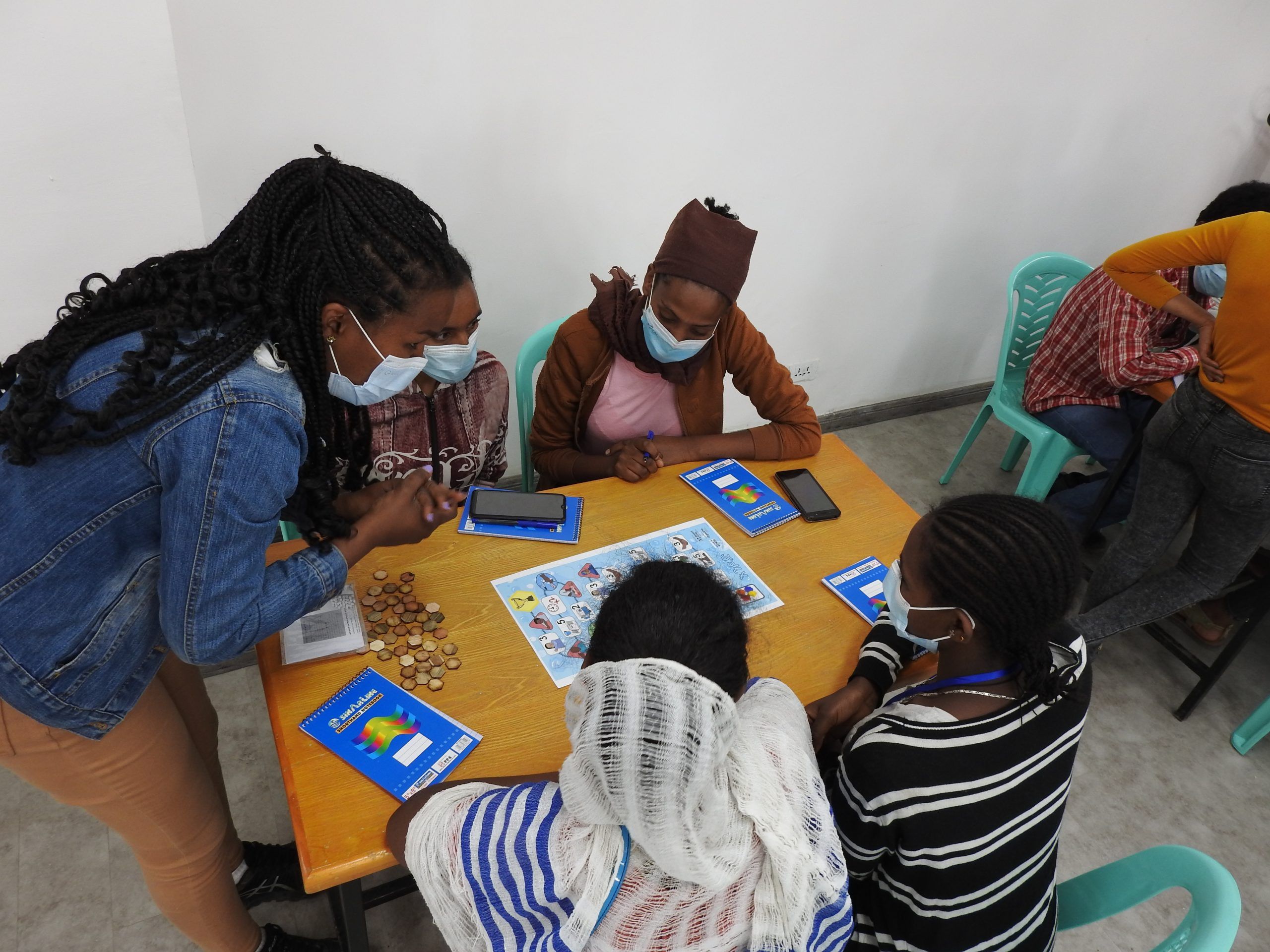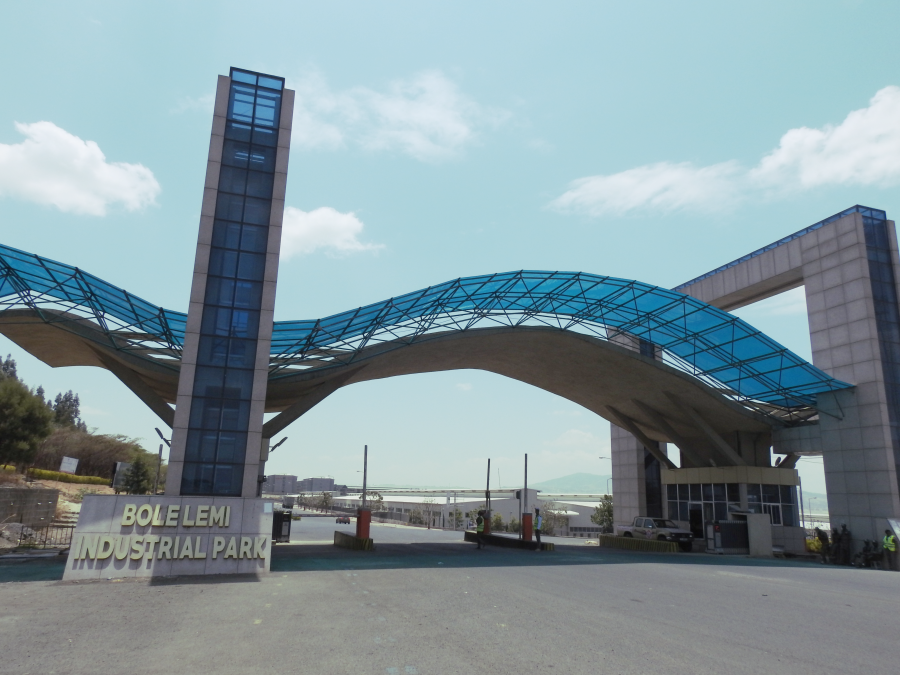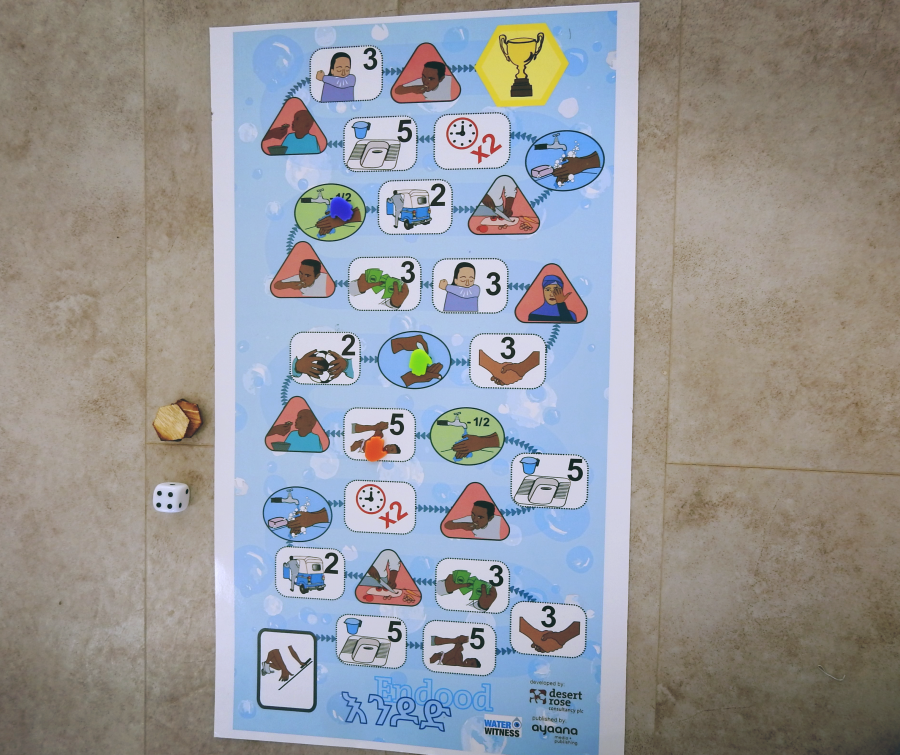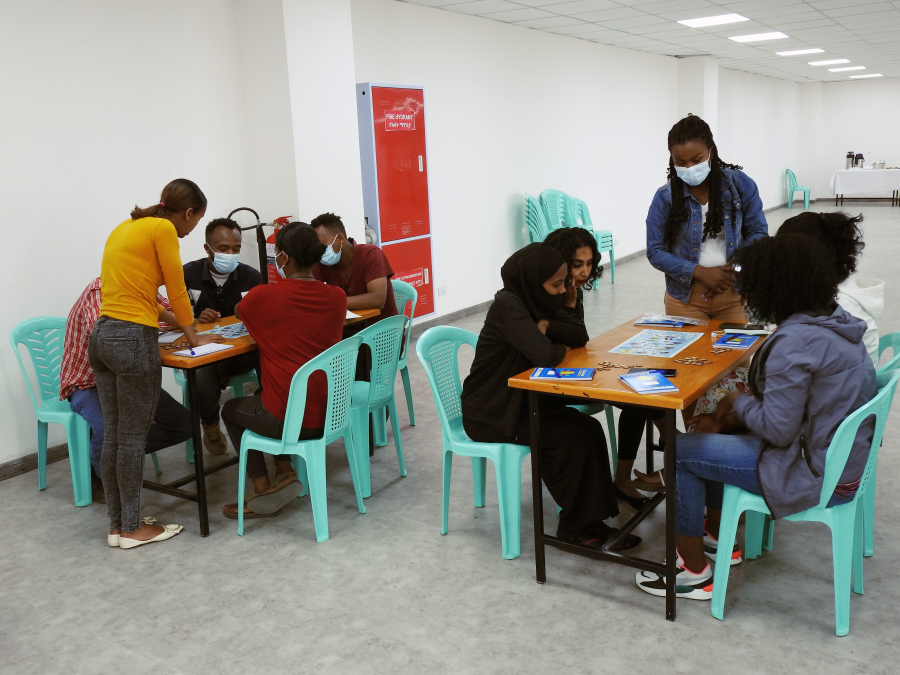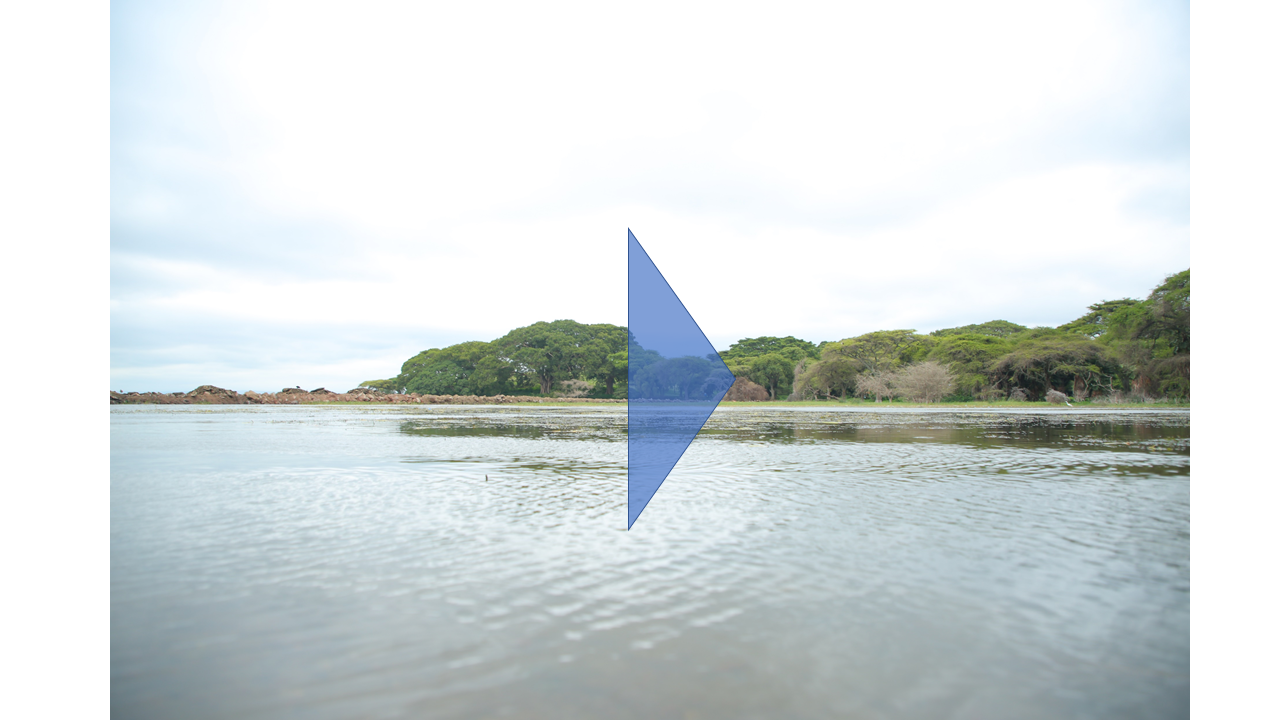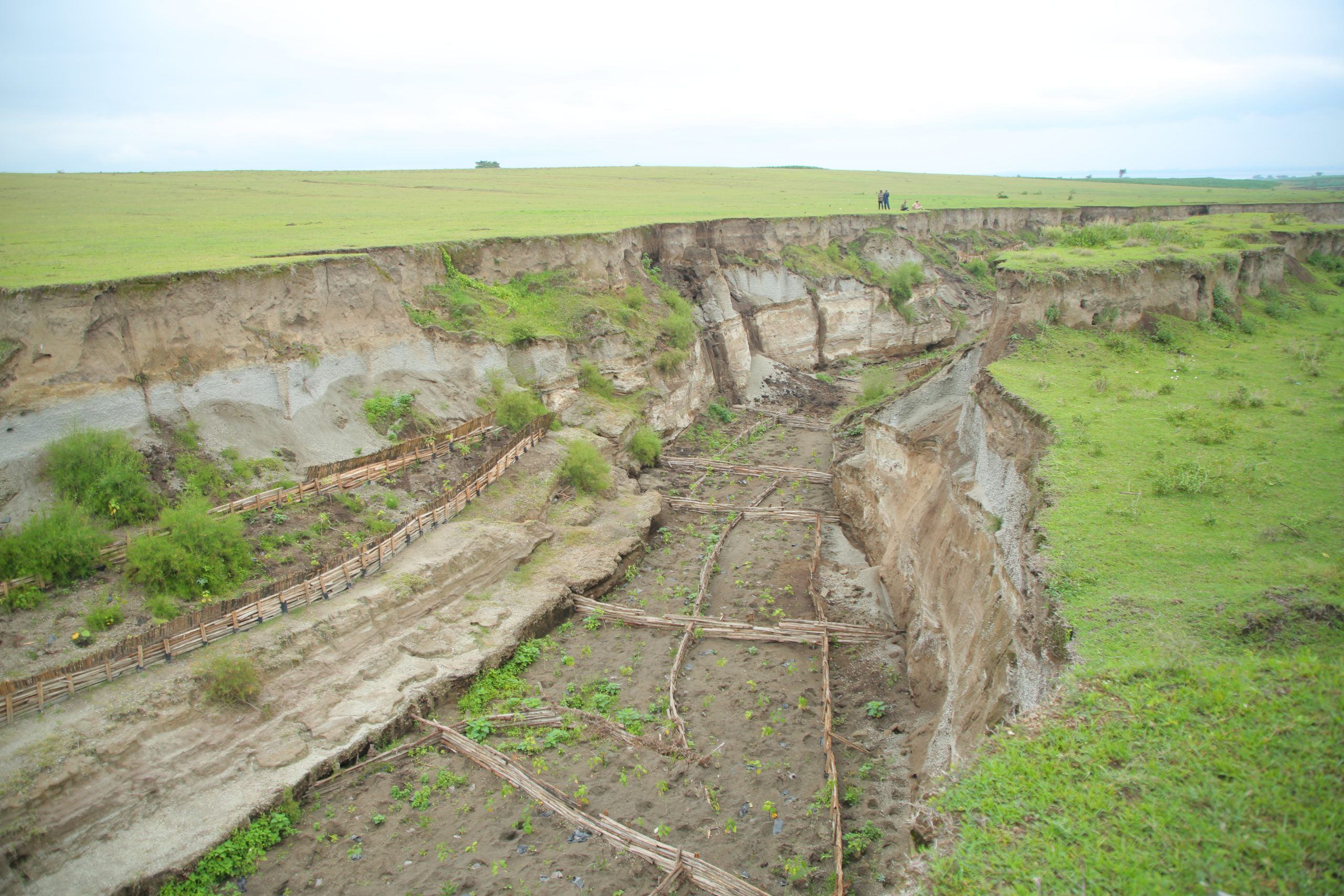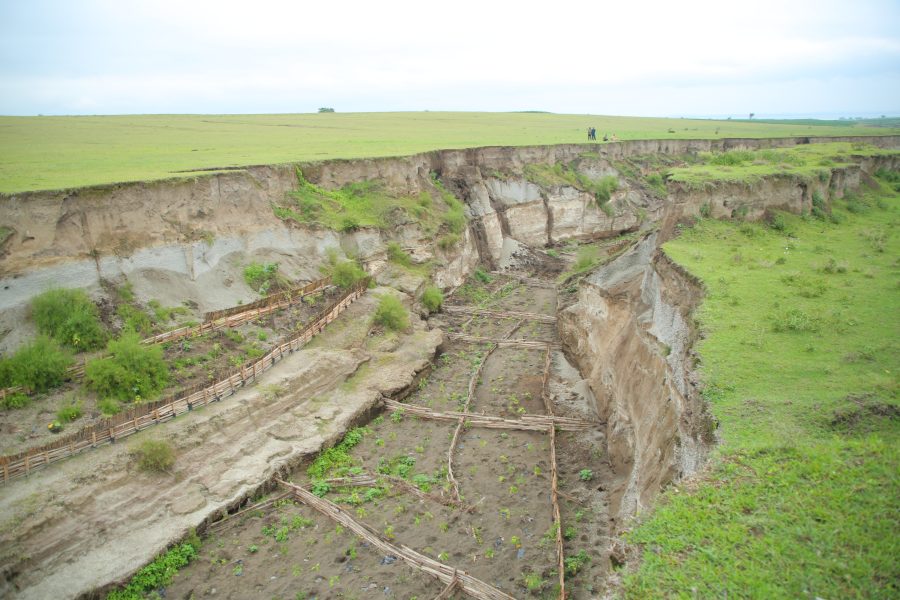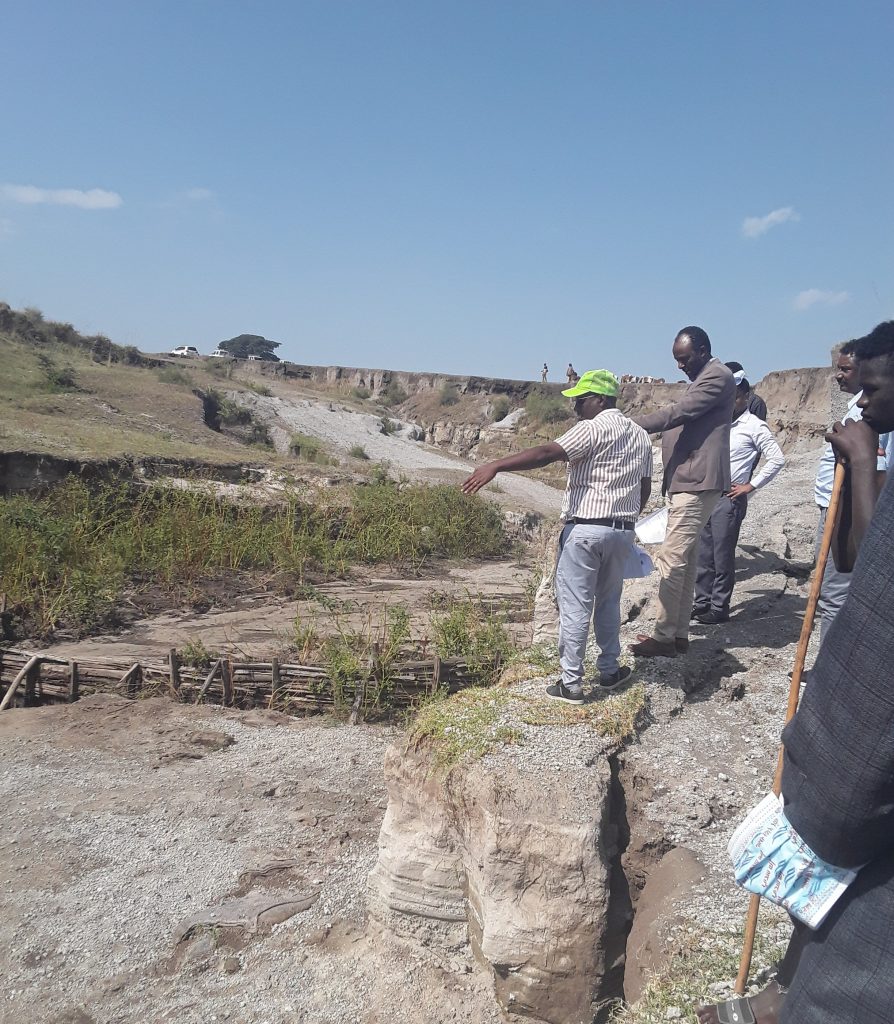A simple solution for a complex problem in Addis Ababa
The Problem: Plastic Waste in the Rivers of Addis Ababa
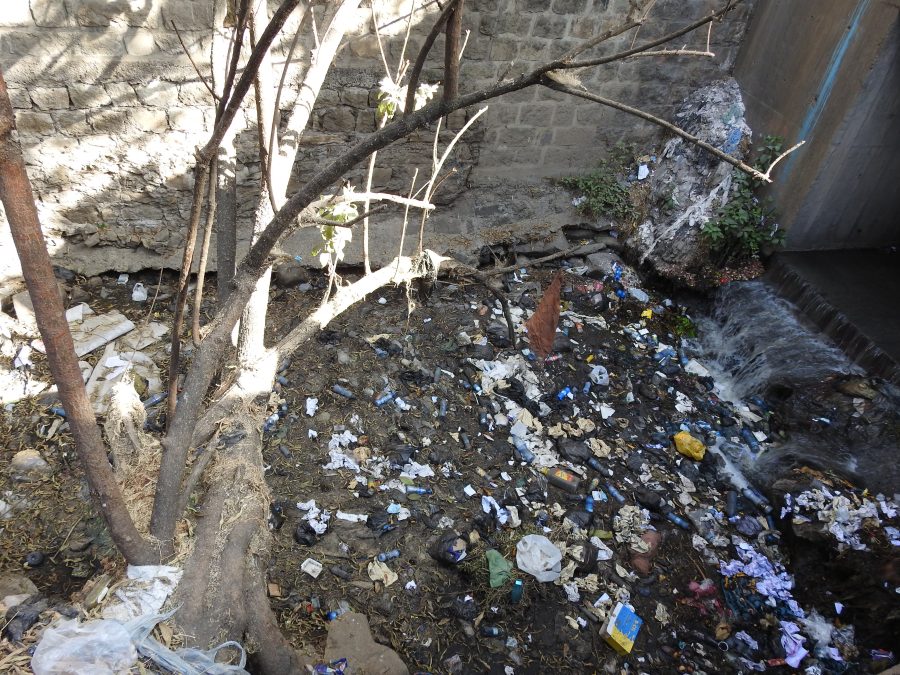
Rivers in Ethiopia’s capital Addis Ababa are living witnesses to the extent of environmental pollution in the city. When looking at causes of river pollution in urban settings, the one that sticks out most is waste. It is very unpleasant to walk by a river in Addis, and even riverside real-estate, which is a prime location in many cities, is very unattractive here due to the degraded state and smell of rivers. The most visible waste in rivers is plastic, due to its increasing generation rate and non-biodegradable nature. Plastic is dumped in rivers and persists in the environment for hundreds of years. The estimated daily plastic generation rate for the last year in Addis was 89 tons. And with less than 60% collection rate, the remaining amount finds its way into the environment and often gets washed into the city’s rivers. Hence, improving plastic collection and transportation leads to less waste ending up in rivers, while providing an opportunity to stimulate the whole plastic value chain. This results not only in more collection and less river pollution, but also brings extra income for waste collectors.
The Solution: The first manual baling machine of its kind in Addis
NatuReS together with Irish Aid supports the Partnership for Circular Value Chains in Addis Ababa to embark on introducing a simple, affordable and scalable technology to improve plastic bottle collection, storage and transportation. The 1st of its kind manual baling machine in Addis has been designed, targeting the many waste collectors with no access to electricity. Performance testing is currently being conducted with one association, in Addis Ketema sub-city woreda 08, which has 73 members, of which 41 are women. The machine will further be improved based on the collectors’ feedback and performance of the 1st prototype as a short- to mid-term solution for improving plastic collection.
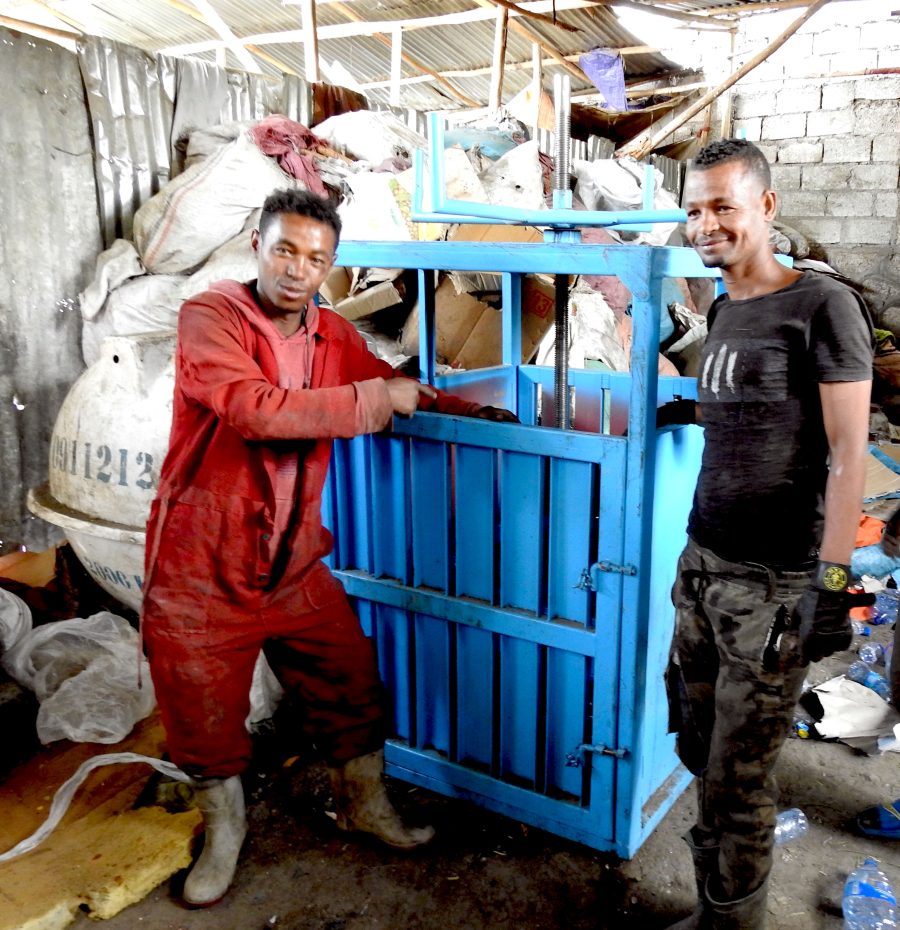
By enhancing collectors’ storage and transportation capacity and enabling them to sell the baled plastic at higher prices to recyclers, they will be able to collect more plastic in the future. This will result both in less river pollution and more income for the collectors.
